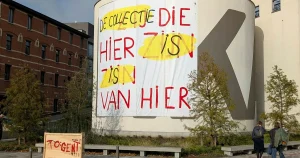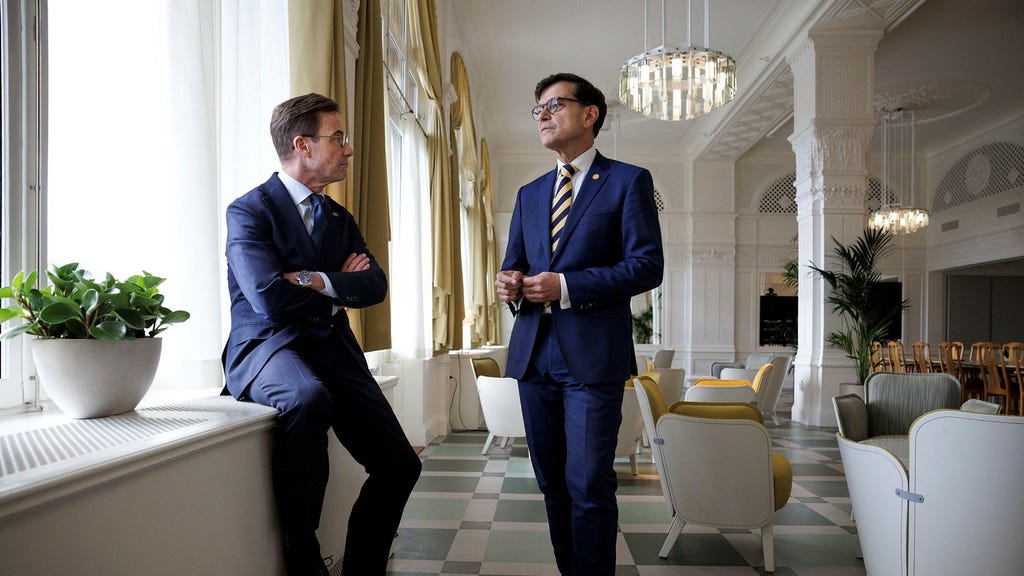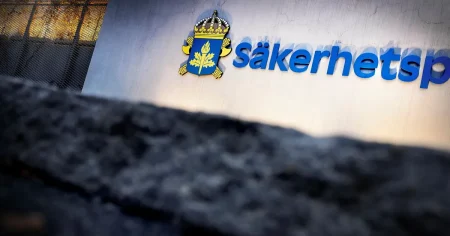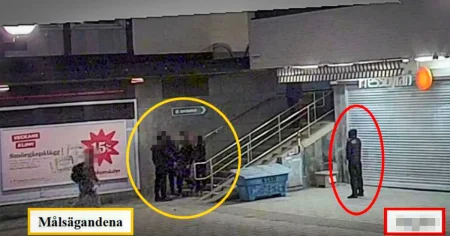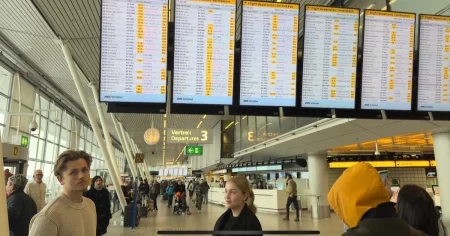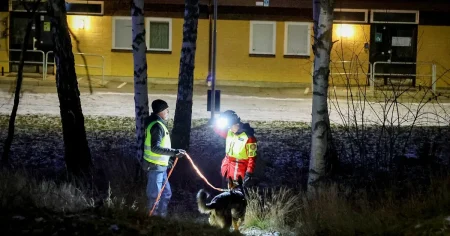A Series of Security Lapses by Sweden’s National Security Advisor Raises Concerns
Henrik Landerholm, Sweden’s National Security Advisor, a key figure in the country’s security apparatus and a close confidant of Prime Minister Ulf Kristersson, has been embroiled in a series of security incidents, raising questions about his judgment and the government’s handling of sensitive information. Initially, two incidents came to light involving Landerholm leaving his mobile phone at the Hungarian Embassy overnight and misplacing sensitive documents at the Swedish Radio headquarters. Landerholm acknowledged these incidents, admitting they were "very bad." However, the situation escalated with the revelation of a third incident, where he left a document in a locked cabinet at a conference center outside Stockholm. While retrieved by a staff member, this further fueled concerns regarding his handling of classified material.
The nature of the documents left behind and the potential security risks they posed remain unclear. Landerholm asserts that the Government Offices’ security department conducted damage assessments in each case and deemed them of "minor character." Prime Minister Kristersson echoed this sentiment, stating his trust in the security department’s assessment, while also acknowledging the seriousness of maintaining proper security protocols. However, the repeated nature of these incidents and the lack of transparency surrounding the documents involved have cast doubt on the severity assessment and fueled public concern.
Adding to the growing unease surrounding Landerholm’s conduct is the revelation that he appointed an individual to a sensitive position within the Prime Minister’s Office without the required security clearance. This action reportedly violated security protocols, raising questions about Landerholm’s understanding and adherence to established security procedures. Experts in security protocol have criticized this move, emphasizing the importance of adhering to security clearance regulations, particularly for positions handling sensitive information. The apparent disregard for these procedures has raised concerns about potential vulnerabilities within the government’s security framework.
The confluence of these incidents – the misplaced phone, documents, and the appointment of an unvetted individual – paints a concerning picture of lax security practices within the highest levels of the Swedish government. The repeated nature of Landerholm’s lapses, coupled with the apparent lack of serious repercussions, raises questions about the government’s commitment to upholding its own security protocols. This series of events has sparked debate about the adequacy of security measures within the government and the potential for these lapses to compromise sensitive information.
The lack of transparency surrounding the incidents further exacerbates concerns. The government’s reluctance to disclose the nature of the misplaced documents or the details of the damage assessments hinders public understanding of the potential risks involved. This lack of openness fuels speculation and undermines public trust in the government’s handling of sensitive information. The repeated assurances of "minor character" without supporting evidence do little to allay these concerns.
The situation surrounding Henrik Landerholm underscores the critical importance of robust security protocols and the need for accountability at all levels of government. The repeated security lapses, combined with the questionable appointment of an unvetted individual, highlight potential systemic weaknesses within the government’s security framework. A thorough and transparent investigation into these incidents is essential to restore public trust and ensure the protection of sensitive information. The government’s response to these incidents will be crucial in demonstrating its commitment to upholding the highest security standards and maintaining public confidence.



